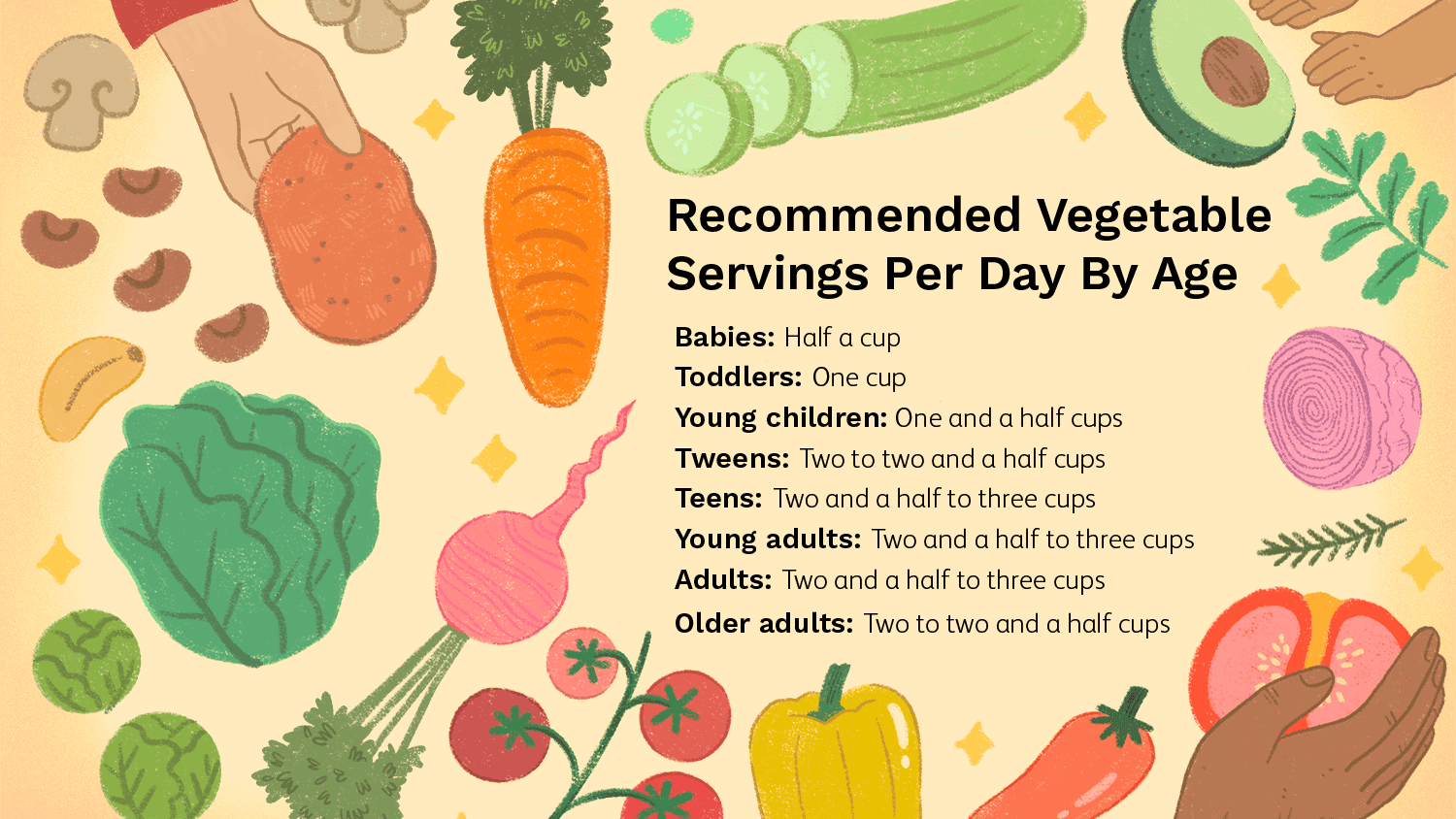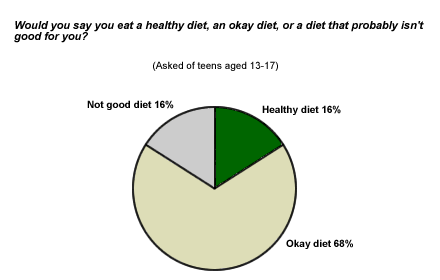
You can have many reasons to keep your weight healthy. It can be a health scare, a lack of energy to play with your grandkids, or anything else. Whatever the reason, be focused on a meaningful goal in your body and for your health. You'll be amazed at the benefits of achieving your ideal weight. Learn more about healthy weight maintenance.
The definition of a healthy weight varies for each person. To determine your ideal weight you can use the body mass index (BMI), as well as your waist circumference. Your health care provider will also take other factors into consideration, such as your physical activity. A healthy diet and regular exercise will help to reduce the risk of many diseases. You'll also avoid a variety of infections and accidents if you follow a healthy weight plan.

The Physical Activity Guidelines of Americans recommend that at least 150 minutes be spent doing moderate to vigorous exercise per week. Two days a weeks should be dedicated for strength-training. A three-part webinar series by ASN explains the science behind the new guidelines as well as how they can impact your overall health. For more information about the latest recommendations, check out the Nutrition Source website. Subscribe to their newsletter to find out more about the health benefits that exercise has for your health.
No matter your gender or age, you can still maintain a healthy weight. There are many people with large midsections and a healthy body mass index. Your healthy weight will depend on your height, age, muscle mass, and other factors. In addition, the waist-to-hip ratio is another helpful way to estimate your ideal body weight. If you want to live healthy, there are many myths surrounding what constitutes healthy body size.
Your height and body type will determine what a healthy weight range looks like for you. While there is no universally "healthy weight" range, the BMI is used as a guideline to determine a healthy weight. Many people are overweight, despite what many believe. However, it all depends on your lifestyle, body type and height. Your body fat is measured by your BMI. A high-fat person may have a higher risk of heart disease than someone with a lower-fat body mass.

When defining a healthy weight, you must consider the health of both your mind and your body. The body mass index and your waist circumference can help you identify if you are at high risk of type 2 diabetes, heart disease and stroke. Your mental and emotional health, as well as your body mass index, can also influence your healthy weight. The CDC suggests you look at the CDC website, as well as its social media sites.
FAQ
What is the best food for me?
Many factors influence which diet is best for you. These include your age, gender and weight. You also need to consider how much energy you expend during exercise, whether you prefer low-calorie foods, and if you enjoy eating fruits and vegetables.
Intermittent fasting might be an option for you if your goal is to lose weight. Intermittent fasting is a way to eat only certain meals during the day instead of three large meals. This may be a better option than traditional diets with daily calorie counts.
Research suggests that intermittent fasting may increase insulin sensitivity and lower inflammation. This can result in a reduction in blood sugar levels and a reduced risk of developing diabetes. Research also shows that intermittent fasting may increase fat loss and improve overall physique.
How often should you exercise?
Exercise is essential for maintaining a healthy lifestyle. But, you don't need to spend a specific amount of time exercising. The key is finding something you enjoy and stick with it.
If you are working out three times a weeks, aim to do 20-30 minute of moderate intensity. Moderate intensity means that you will still be working hard even after your workout is over. This type of exercise burns approximately 300 calories.
For those who prefer to walk, you can go for 10-minute walks four times a week. Walking is low impact and easy on your joints.
If you'd rather run, try jogging for 15 minutes three times a week. Running is a great way of burning calories and building muscle tone.
Begin slowly if your are not used to working out. You can start with only 5 minutes per week of cardio. Gradually increase the amount of cardio you do until you reach your goal.
What should I eat?
Get lots of fruits & vegetables. They contain vitamins and minerals which help keep your immune system strong. Vegetables and fruits are high in fiber which helps to digest and fill you up. Include at least five portions of fruit and vegetables per day.
Get plenty of water. Water flushes toxins out of the body and helps to feel full between meals. Drink about eight glasses each day.
Consume whole grains and not refined. Whole grains are rich in nutrients such as iron, zinc and magnesium. Refined grains have been stripped of some of their nutrition.
Sugary drinks are best avoided. Sugary drinks have empty calories and are a major contributor to obesity. Instead, opt for water, milk, or unsweetened tea.
Avoid fast food. Fast food has very little nutritional value. Although it may taste delicious, fast food won't provide you with the energy you need for your daily activities. Stick to healthier options such as salads, soups, sandwiches, and pasta dishes.
Limit your alcohol intake. Alcohol contains empty calories and contributes to poor nutrition. Limit the number of alcoholic beverages you consume per week to no more that two.
Try to cut down on red meat. Red meats are high in saturated fat and cholesterol. Instead, choose lean cuts of beef and pork, lamb, chicken or fish.
Is cold an indication of a weaker immune system?
It's been said that there are two kinds of people in the world; those who love winter and those who hate it. But whether you love or hate it, you may find yourself wondering why you feel so lousy when it's cold out.
Our bodies were designed to work best in warm climates. Our bodies were designed to thrive in hot weather because this is where the majority of our food sources are.
But now we live in an environment that is very different from how our ancestors lived. We spend much more time indoors, often exposed to extreme temperatures (cold and heat), and we eat foods that are processed rather than fresh.
This means that our bodies aren’t used to these extremes. This means that we feel tired, sluggish and even sick when we venture outside.
There are ways to combat these effects though. Keep your body hydrated. You can help flush toxins out of your body by drinking plenty of water.
A healthy diet is another important thing. Consuming healthy food helps maintain your body's optimal temperature. This is particularly helpful for anyone who spends long periods of time inside.
Finally, consider taking a few minutes each morning to meditate. Meditation helps you relax your mind and body, which makes it easier to deal with stress and illness.
What is the difference between fat and sugar?
Fat can be a source of energy that is obtained from food. Sugar is a sweet, naturally occurring substance in fruits and vegetables. Both fats as well as sugars contain the same amount of calories. Fats have twice the calories of sugars, however.
Fats are stored in the body and contribute to obesity. They cause cholesterol buildup in arteries which may lead to heart attacks and strokes.
Sugars are quickly absorbed into the body and provide instant fuel. This causes blood glucose levels in the body to rise. High blood glucose levels are dangerous as it can increase the likelihood of developing type 2 diabetes.
Do I need to count calories
You might be asking "What is the best diet?" or "is counting calories necessary?" It depends on many factors such as your current health, personal goals, preferences, and overall lifestyle.
The Best Diet For Me - Which One Is Right For You?
My current health status, personal goals, preferences, and overall lifestyle all play a role in choosing the right diet. There are many different diets, some good and some not so good. Some diets work for some people, while others are not. What should I do? What can I do to make the right decision?
These are the questions this article will answer. This article begins with a brief overview of the various types of diets that are available today. Then we will discuss the pros & cons of each kind of diet. We'll then discuss how to choose which one is best for you.
Let's first take a look at different diets.
Diet Types
There are three types of diets available: ketogenic, high-protein, and low fat. Let's look at each one briefly.
Low Fat Diets
A low-fat diet is one that limits the intake of fats. This is achieved by reducing saturated fats like butter, cream cheese, and other dairy products. It is possible to replace these saturated fats with unsaturated ones (olive oil or avocados). Low fat diets are often recommended to those who wish to lose weight quickly. This kind of diet could cause problems like constipation or heartburn and indigestion. In addition, it may lead to vitamin deficiencies if a person doesn't get enough vitamins from their food.
High Protein Diets
High protein diets discourage carbohydrates and encourage the use of proteins. These diets usually have higher amounts of protein than other diets. These diets are designed to build muscle mass and help you burn more calories. The downside is that they may not provide adequate nutrition for someone who needs to eat regularly. They may also be too restrictive and not suitable for everyone.
Ketogenic Diets
Ketogenic diets also go by the name keto diets. They are high in fat, moderately high in protein and low in carbohydrates. They are commonly used by athletes and bodybuilders, as they allow them train harder and more frequently without getting tired. You must adhere to all side effects, including fatigue, headaches, nausea and headaches.
What is the difference in calorie and kilocalories?
Calories can be used to measure how much energy is in food. A calorie is a unit of measure. One calorie contains the energy needed to raise the temperature of one gram of water by one degree Celsius.
Kilocalories is another name for calories. Kilocalories equal one thousandth of a calorie. For example, 1000 calories equals one kilocalorie.
Statistics
- The Dietary Guidelines for Americans recommend keeping added sugar intake below 10% of your daily calorie intake, while the World Health Organization recommends slashing added sugars to 5% or less of your daily calories for optimal health (59Trusted (healthline.com)
- According to the 2020 Dietary Guidelines for Americans, a balanced diet high in fruits and vegetables, lean protein, low-fat dairy and whole grains is needed for optimal energy. (mayoclinichealthsystem.org)
- According to the Physical Activity Guidelines for Americans, we should strive for at least 150 minutes of moderate intensity activity each week (54Trusted Source Smoking, harmful use of drugs, and alcohol abuse can all seriously negatively affect your health. (healthline.com)
- WHO recommends reducing saturated fats to less than 10% of total energy intake; reducing trans-fats to less than 1% of total energy intake; and replacing both saturated fats and trans-fats to unsaturated fats. (who.int)
External Links
How To
How to keep motivated to stick with healthy eating and exercise
Staying healthy is possible with these motivation tips
Motivational Tips to Stay Healthy
-
Write down your goals
-
Set realistic goals
-
Be consistent
-
Recognize yourself for achieving your goal
-
You don't have to give up if your attempts fail.
-
Have fun!